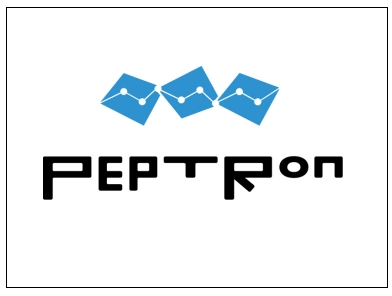Example of drug repositioning
Phase 2 clinical trial, expected by April 2022

GLP-1 agonists have been attracting attention as a new neuroprotective therapeutic strategy for Parkinson's disease (PD).
Exenatide, a GLP-1 (Glucagon-like Peptide-1) receptor agonist, was originally developed as a diabetes medication and is an example of the promise of drug repurposing or repositioning, supported by the findings that the impaired brain insulin and protein kinase B (PKB, also known as Akt) are thought to play a key role in the pathogenesis of PD, that exenatide targets the brain insulin and PKB signaling pathways, and that the neuroprotective effects of exenatide have been demonstrated in the animal models of PD.
As exenatide has a short elimination half-life of 2.4 hours, Peptron developed the sustained-release (SR) formulation of exenatide, PT320, using its proprietary technology to enhance the blood-brain barrier (BBB) penetrating ability and deliver the long-lasting (for 20 days) therapeutic effects of exenatide.
Peptron, headquartered in Daejeon, is a biotech company developing SR formulation of peptide-based medications using its proprietary platform technology, called ‘SmartDepot’, to overcome the technological entrance barriers like BBB.
In a progressive PD (MitoPark) mouse model, PT320 notably improved spontaneous and motivated behavior, correlated with the enhancement in dopaminergic release and reuptake in the midbrain. PT320 also protected the striatal dopaminergic fibers and augmented the expression of tyrosine hydroxylase, the rate-limiting enzyme of catecholamine synthesis, catalyzing the hydroxylation of tyrosine to L-DOPA.
Meanwhile, supported by the results of the preclinical and phase I studies, the phase 2 clinical trial of PT320 with 100 PD patients is currently ongoing in the South Korea and expected to complete by April 2022. In parallel with this, global phase 2 trials are also in preparation.


